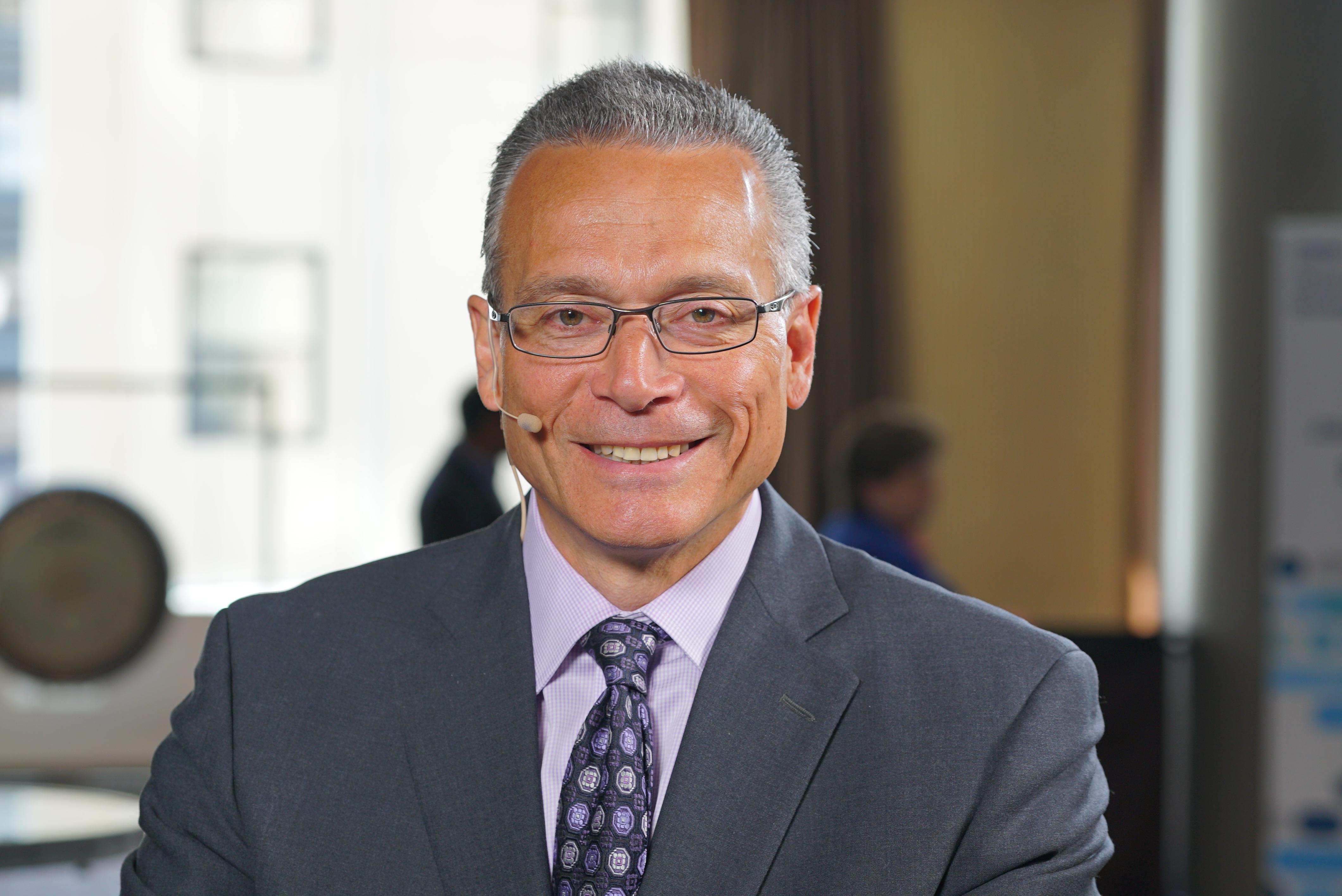 BIG DATA
BIG DATA
 BIG DATA
BIG DATA
 BIG DATA
BIG DATA
About a decade ago, the role of a chief data officer emerged — mainly in heavily regulated industries like healthcare, government and financial services. But as big data began to take off, the role of chief data officer grew to encompass other industries learning to free data from isolated computing silos to generate value from this new asset class. Now a burgeoning marketplace, big data raises big questions on how products and processes should be implemented, sustained and secured. Exploring the top questions chief data officers are wrestling with, the IBM Chief Data Officer Strategy Summit took place this week in San Francisco, California.
“The audience is filled with practitioners who are really sort of lapping up … how to implement some of these techniques and, ultimately, platforms,” said Dave Vellante (@dvellante, pictured), host of theCUBE, SiliconANGLE Media’s mobile livestreaming studio. “IBM has put together solutions that not only involve, of course, Watson, but also some of the other components — whether it’s cognitive systems, governance systems, compliance systems — to create a solution that chief data officers and their colleagues can implement.”
During the IBM CDO Strategy Summit, Vellante analyzed the questions being raised at the conference and highlighted advice being given for various CDO-related quagmires and concerns. (* Disclosure below.)
One of the primary ways to wrestle with data is to think through a variety of questions, according to Vellante. One question is how a company breaks silos of data in different departments and brings that data together. Another question being asked is the manner in which a company implements processes that then enhance the technology they’re hoping to utilize.
“Technology is the easiest piece of that,” Vellante said. “It’s the people and process components of that matrix that you need to really focus on before you even bring in the technology; and then, of course, there is the technology component.”
Vellante mentioned his chat with Inderpal Bhandari, the global chief data officer at IBM, who frames four important questions companies should be asking when thinking through big data. The number one question is regarding how data will contribute to the monetization of an organization.
“It’s not always monetization. If it’s a non-public company or a healthcare company, for example, that’s not-for-profit, it’s not necessarily a monetization component,” Vellante emphasized. “But … how does data drive value for your organization?”
The second question involves implementing the system with governance and security. “What’s the management system look like? Who has data, and who has access to that data? How do you affect privacy?” Vellante asked.
The third element companies and CDOs should think through is the artificial intelligence framework and developing deep analytics partnerships with lines of business. “That’s critical, because the domain expertise for the business is obviously going to live in the line of business, not in some centralized data organization,” Vellante noted.
The fourth thing companies and CDOs should consider in data management is the skills needed and where to find those people with particular skillsets. “How do you both train internally and find those people externally? Very hard to find those skills,” Vellante concluded.
Watch the complete video interview below, and be sure to check out more of SiliconANGLE’s and theCUBE’s coverage of the IBM Chief Data Officer Strategy Summit. (* Disclosure: TheCUBE is a paid media partner for the IBM Chief Data Officer Strategy Summit. Neither IBM, the event sponsor, nor other sponsors have editorial control over content on theCUBE or SiliconANGLE.)
Support our mission to keep content open and free by engaging with theCUBE community. Join theCUBE’s Alumni Trust Network, where technology leaders connect, share intelligence and create opportunities.
Founded by tech visionaries John Furrier and Dave Vellante, SiliconANGLE Media has built a dynamic ecosystem of industry-leading digital media brands that reach 15+ million elite tech professionals. Our new proprietary theCUBE AI Video Cloud is breaking ground in audience interaction, leveraging theCUBEai.com neural network to help technology companies make data-driven decisions and stay at the forefront of industry conversations.